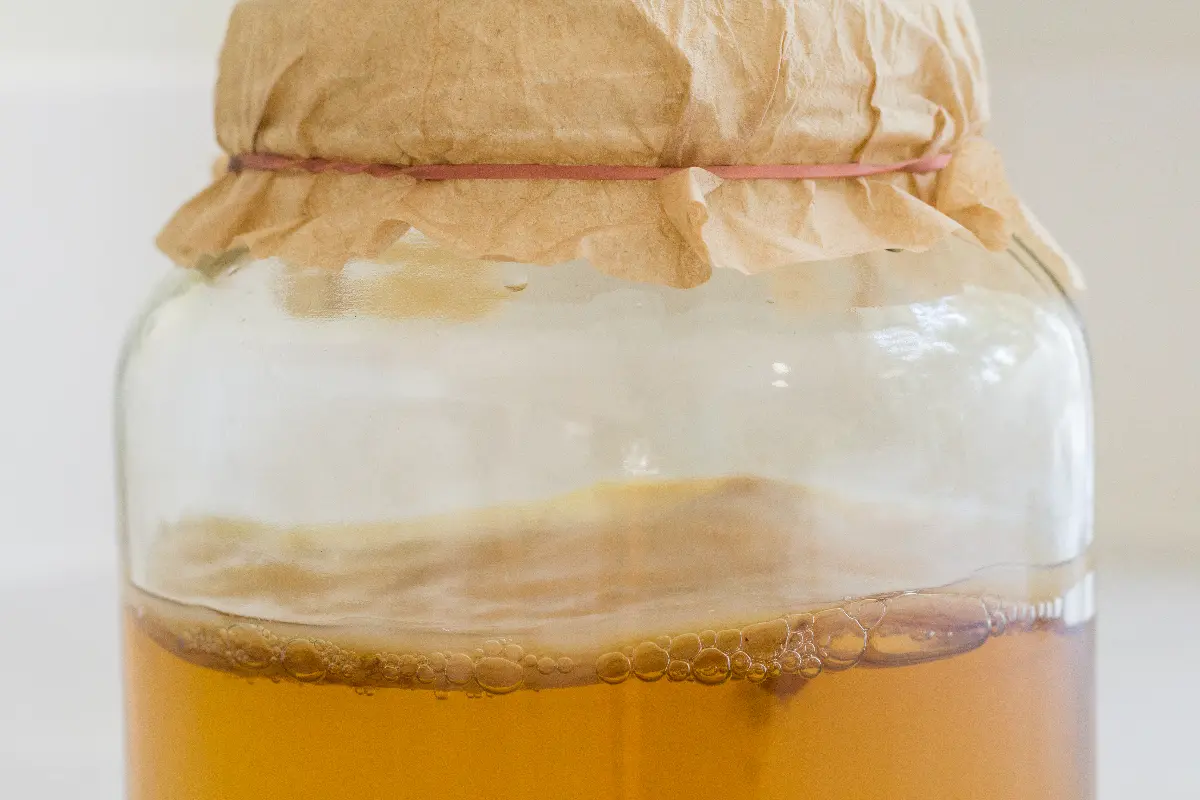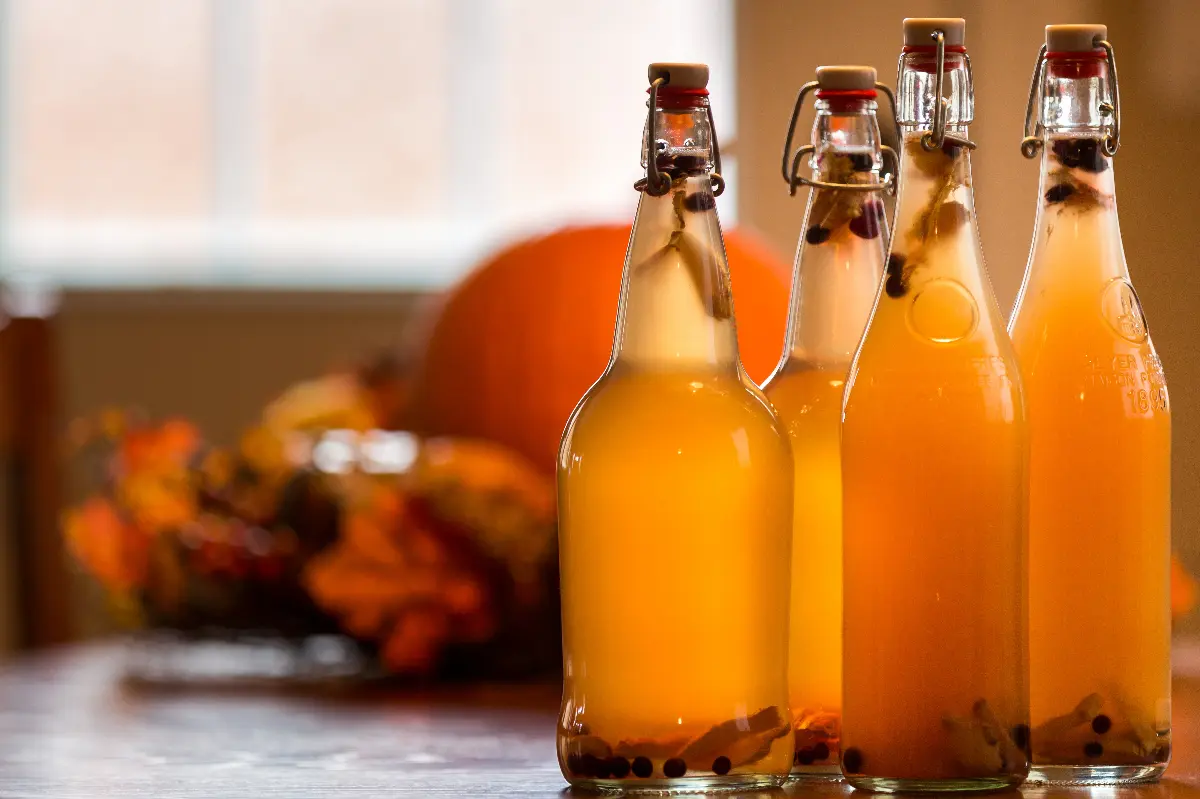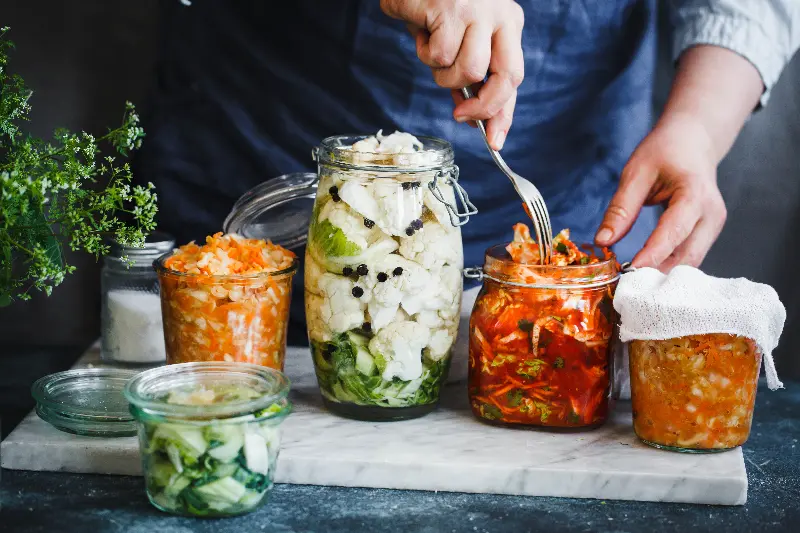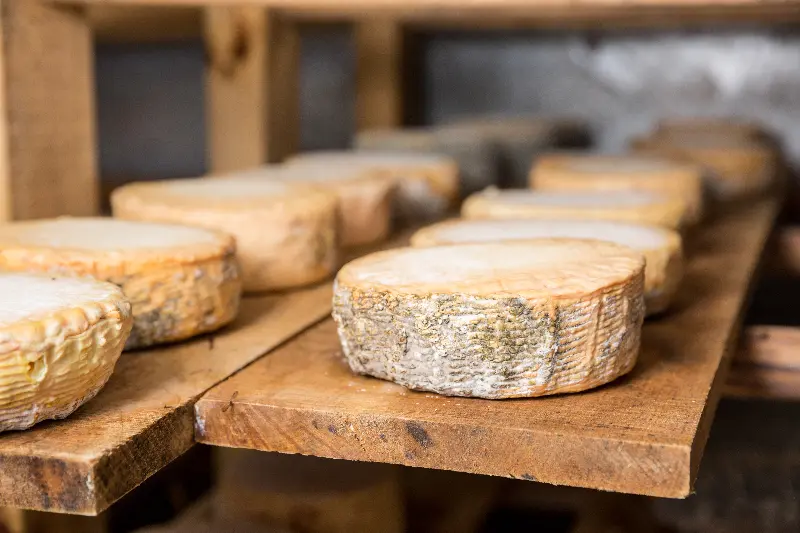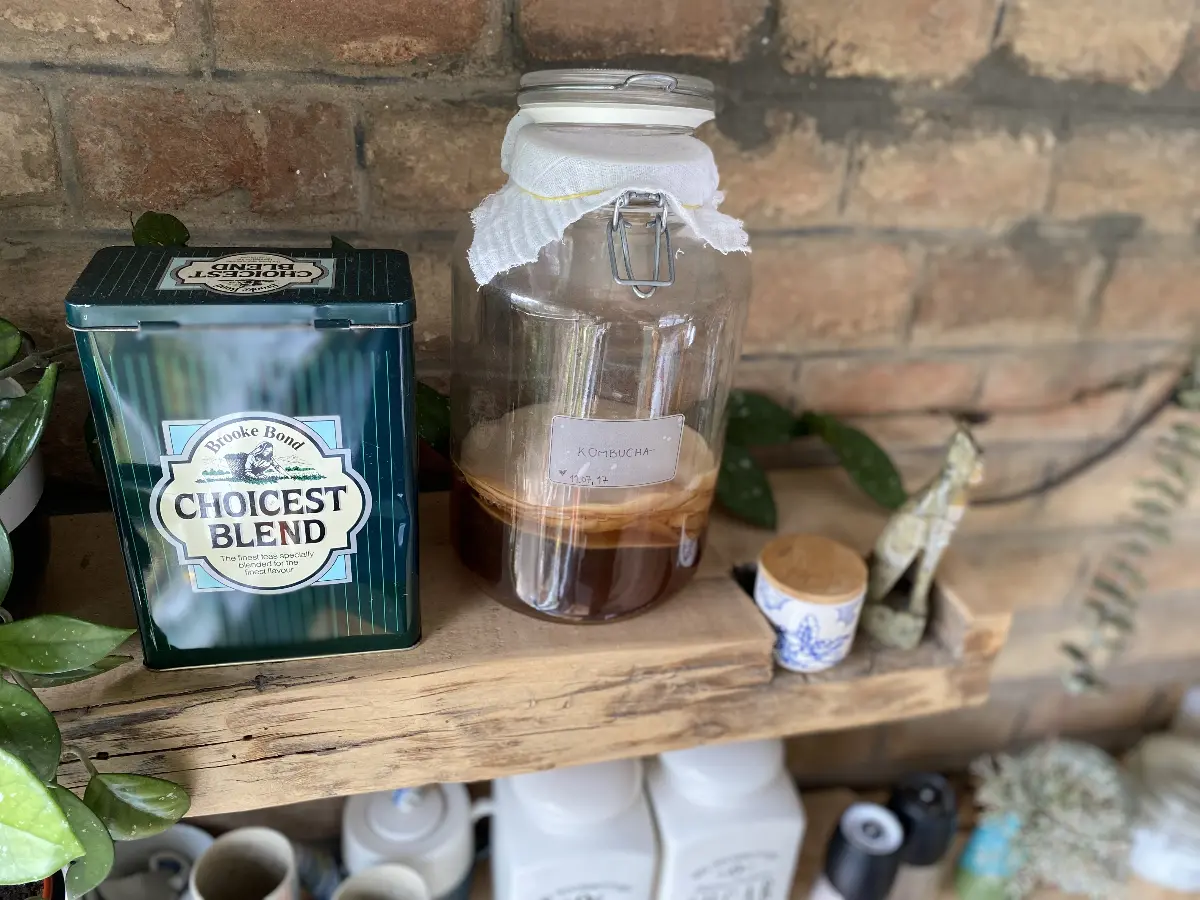
Helyszín címkék:
Mushrooms are swimming in our tea and we love it: we’re in a kombucha frenzy!
Szabó Sára
I first came across kombucha in literature on fermentation, and then, as a digital native, I joined some appropriate Facebook groups to ask for practical advice. Thanks to these communities, I gathered the courage to try making my own kombucha myself, and I immediately received a mushroom as a gift. But before I start sharing my experiences, let’s take a look at the history of kombucha.
Unknown origin, uncertain effects: the mysterious miracle drink
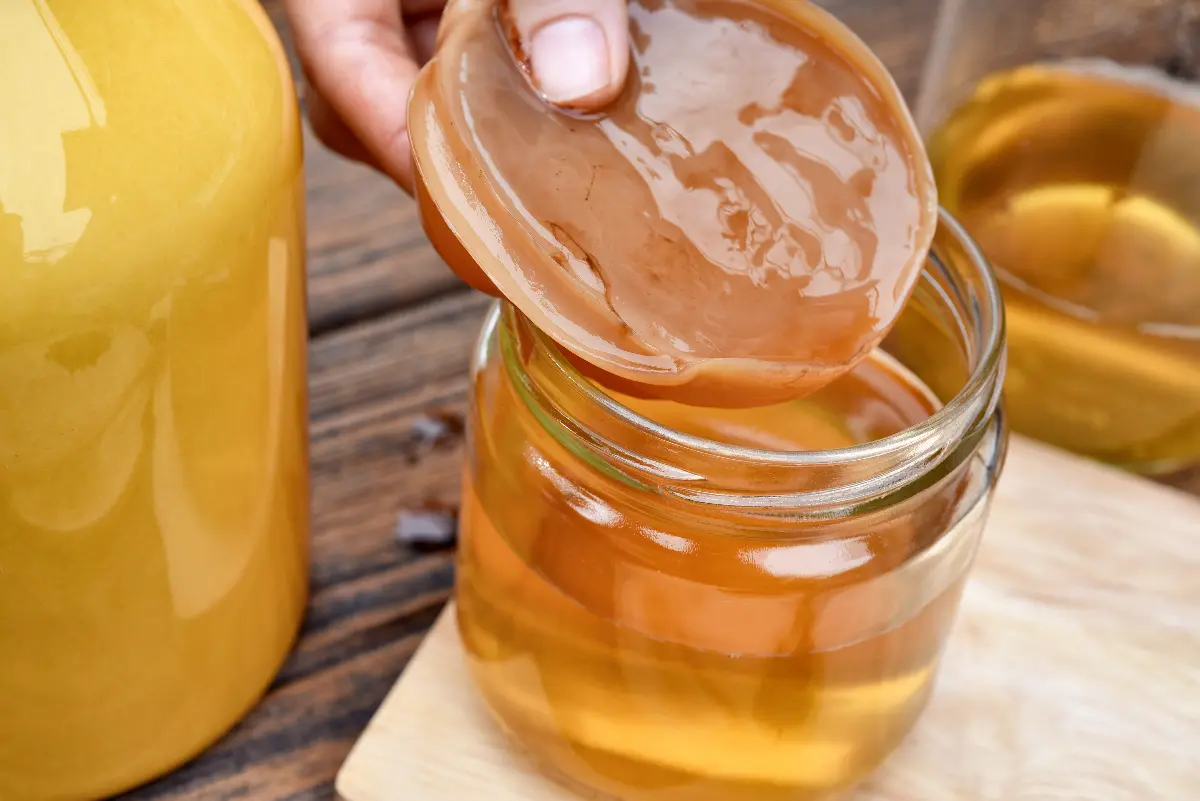
Kombucha is actually a naturally sparkling drink that is the product of the fermentation of tea, sugar and mushroom cultures. They are most often made from black or green tea, but white tea or even coffee is used as a base. The “mother,” or scoby – a specific community of bacteria and yeasts – is added to the decoction. Over the 7-10 days of fermentation, a slightly sparkling cider-like miraculous drink is born, rich in probiotic microorganisms, vitamins, enzymes, beneficial bacteria and amino acids. Kombucha is thought to originate from China, spreading to Japan, and becoming a national beverage in Russia. It is known there as kvass and, despite its 1% alcohol content, it is even given to children. Kombucha has also appeared in Europe, where at has been recently discovered in gastronomy due to its perceived or real beneficial effects. There is no scientific evidence that consuming fermented tea is truly beneficial for the body. Actually, there is surprisingly little literature and scientists dealing with mushrooms in Hungary, yet the following is a summary of what information is available.
Kombucha contains amino acids that play an important role in digestion, the detoxification of the liver and the strengthening of the immune system. It is full of B vitamins, alkalizing the body, relieving headaches and serving as a cure for constipation, insomnia and hair loss. It also plays an important role in the prevention and treatment of multiple sclerosis, AIDS and cancer. However, consuming kombucha can cause harmful bacteria or fungi to multiply to spread throughout the body. “A little bad, with a lot of good,” according to the fans of the beverage.
A jellyfish floating in dark slop, or how I turned my kitchen into a mad scientist's laboratory
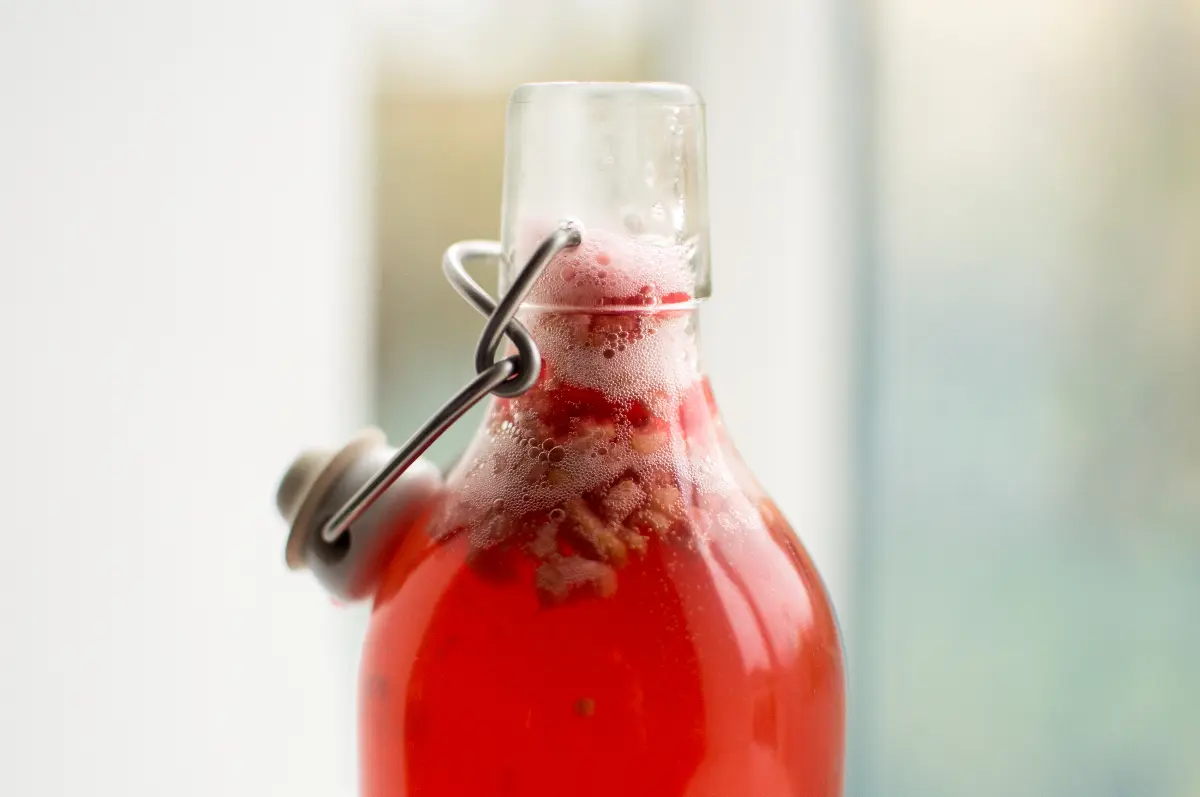
Thanks to the Facebook groups mentioned above, I acquired a kombucha mushroom in a flash. It mostly resembles a jellyfish and it’s the loveliest sight in the world. To make the drink, I brewed the tea, sweetened it with the right amount of sugar, and added the scoby into the chilled concoction. It is called a mother as it has babies during fermentation. In other words, every time a drink is made, another mushroom culture is formed on the surface of the tea, from which another kombucha can be fermented. I then set aside my well-ventilated jar and allowed it to ferment for ten days. During this period, the scoby thrives on the sugar, therefore it disappears during the fermentation process. The anticipation was thrilling, but the truly amazing process is the second fermentation, when you can add additional flavour to the “finished” drink without the mushrooms. This is only limited by your imagination as it harmonizes with anything that’s a little sweet. I added some persimmons into my juice, which gave my kombucha an amazingly delicious taste.
For the time being, Hungarian gastronomy is only getting to know the drink, and until the beverage is backed up by a reassuring amount of scientific experimentation, it will not have a great career in Hungary. We are huge admirers of fermented foods and drinks, so we are very supportive of mushrooms. Something tells me it will have a bright future.
